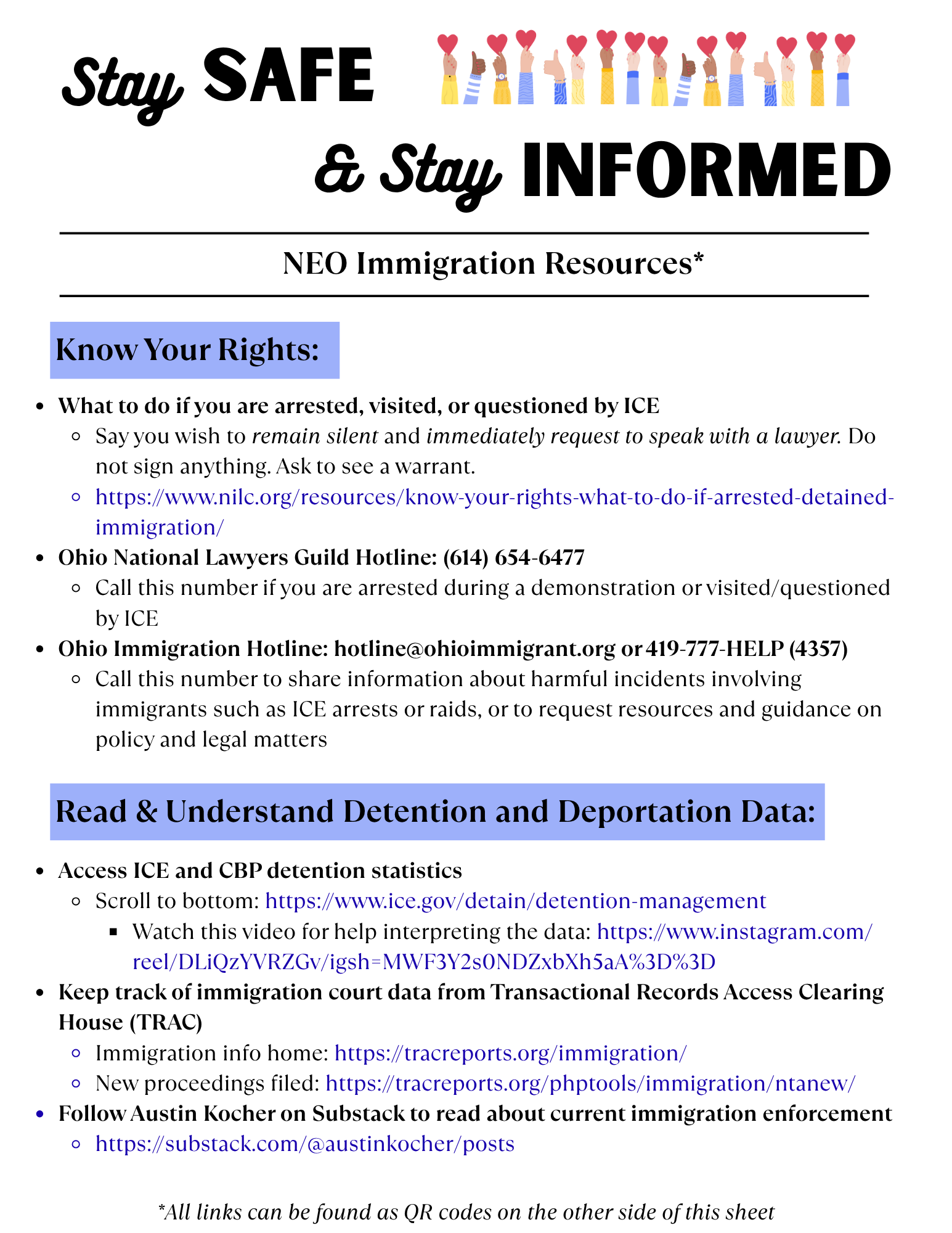The U.S. Conference of Catholic Bishops’ vote and new national campaign to support migrants are the group’s first responses to the Trump administration’s crackdown.
In a rare group statement, America’s Catholic bishops voted nearly unanimously Wednesday to condemn the Trump administration’s crackdown on undocumented immigrants as an attack on “God-given human dignity,” and advocated for “meaningful reform of our nation’s immigration laws.”
“We oppose the indiscriminate mass deportation of people. We pray for an end to dehumanizing rhetoric and violence, whether directed at immigrants or at law enforcement,” read the message from the U.S.
Conference of Catholic Bishops. After the vote (216-5, with three abstentions), the bishops stood and applauded. The last such “Special Message” was delivered 12 years ago.
The new message listed the types of suffering the church leaders say many undocumented migrants experience, including “arbitrarily” losing their legal status, being subject to poor detention conditions, and being afraid to take children to school or go to church. “We feel compelled now in this environment to raise our voices in defense of God-given human dignity,” the bishops wrote.


